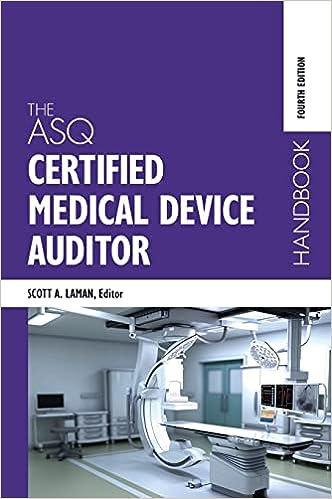Question
Prepare a Sales Budget; Production Budget, Direct Materials Budget; Direct Labour Budget; Manufacturing Overhead Budget; and Sales and Administration Budget. Prepare Schedules of Expected Cash
- Prepare a Sales Budget; Production Budget, Direct Materials Budget; Direct Labour Budget; Manufacturing Overhead Budget; and Sales and Administration Budget.
- Prepare Schedules of Expected Cash Collections and Expected Cash Disbursements for Material as well as a Cash Budget.
Early this morning the controller Dave informed you that you would be responsible for preparing the master budget for the quarter ended December 31, 2021. You have assembled the following information:
The statuettes sell for $700 each. Recent and forecasted sales (in units) are as follows:
July (actual) 3,500
August (actual) 3,700
September (actual) 3,800
October 2,200
November 2,800
December 4,500
January 1,000
February 1,500
March 1,800
Inventories of finished goods on hand at the end of each month are to be equal to 50% of the following months budgeted sales. As of September 30th the company had 1,100 statuettes in inventory.
Each statuette requires 75 ounces of bronze, which the company purchases for $.45 per ounce. Rock Solid keeps an ending inventory of bronze at the end of each month equal to 75% of the next months production needs. As of September 30th the company had 140,625 ounces of bronze on hand.
Purchases of raw materials are paid for as follows: 50% in the month of purchase and the remaining 50% in the following month. All sales are on credit, with no discount, and payable within 15 days. The company has found, however, that only 40% of a months sales are collected by month-end. An additional 45% is collected in the month following, and the remaining 15% is collected in the second month following. Bad debts have been negligible.
Each statuette requires 15 hours to mould and polish. Employees who make the statuettes are paid $25 per hour and never work overtime (i.e. the company has enough casual workers that they can call in if additional work is required).
Manufacturing overhead includes all the costs of production other than direct materials and direct labour. The variable component is $45 per statuette in production and the fixed component is $117,000 per month (this amount includes depreciation of $22,000 per month on the furnaces, moulds and polishing equipment). Manufacturing overhead costs are allocated to statuettes on a per unit basis.
Rock Solids monthly operating expenses are given below:
Variable:
Royalties paid to The Rock $50 per statuette sold
Fixed:
Wages & salaries $82,000
Utilities 8,000
Insurance expired 1,500
Depreciation 11,500
Miscellaneous 23,500
All operating expenses are paid during the month in cash, with the exception of the depreciation and insurance expenses. Due to the popularity of The Rocks movies the company is planning on producing different styles of statuettes with movie tie-ins. To accommodate the expected increase in demand the company will be purchasing a new blast furnace in October for $740,000 and some new moulds in November for $250,000. Rock Solid declares a dividend of $100,000 on the last day of each quarter which is then paid in the first month of the next quarter.
The balance sheet at September 30th is given below:
Assets
Cash $ 45,000
Accounts receivable 1,984,500
Inventory, raw materials 63,281
Inventory, finished goods 542,507
Unexpired insurance 13,500
Fixed assets 3,462,000
Accumulated depreciation (1,117,000) 2,345,000
Total Assets $ 4,993,788
Liabilities and Shareholders Equity
Accounts payable, purchases $ 44,297
Dividends payable 100,000
Capital stock, no par 2,000,000
Retained earnings 2,848,491
Total liabilities and shareholders equity $ 4,993,788
Management of Rock Solid requires a minimum ending cash balance each month of $20,000. The company can borrow money from its bank at 12% annual interest. All borrowing must be done at the beginning of a month, and repayments must be made at the end of a month. Repayments of principal must be in round $1,000 amounts. Borrowing is also in round $1,000 amounts. Interest is computed and paid at the end of each quarter on all loans outstanding during the quarter. Round all interest payments to the nearest whole dollar. Compute interest using whole months. The company wishes to use any excess cash to pay loans off as rapidly as possible.
Step by Step Solution
There are 3 Steps involved in it
Step: 1

Get Instant Access to Expert-Tailored Solutions
See step-by-step solutions with expert insights and AI powered tools for academic success
Step: 2

Step: 3

Ace Your Homework with AI
Get the answers you need in no time with our AI-driven, step-by-step assistance
Get Started


